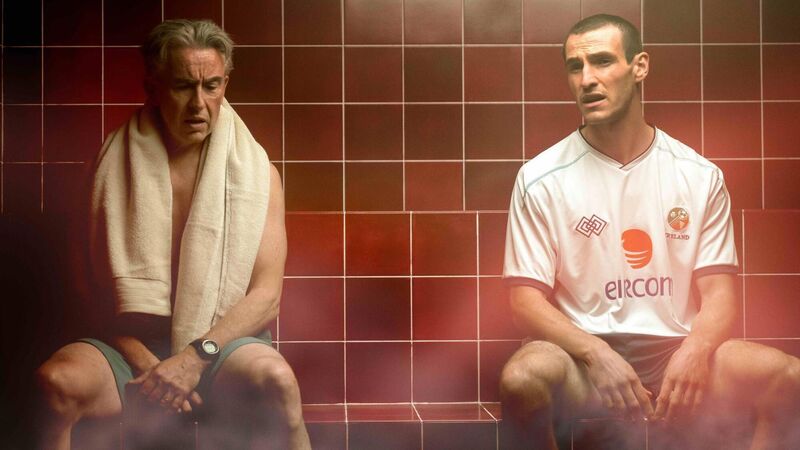Saipan review: The Roy Keane film had its world premiere. Here's our verdict...

Steve Coogan as Mick McCarthy and Éanna Hardwicke as Roy Keane in Saipan.
★★★☆☆
It’s one of the most famous speeches by an Irish person in the 21st century, and now Roy Keane’s expletive-strewn rant at Mick McCarthy on the eve of the 2002 World Cup has been immortalised on film in




